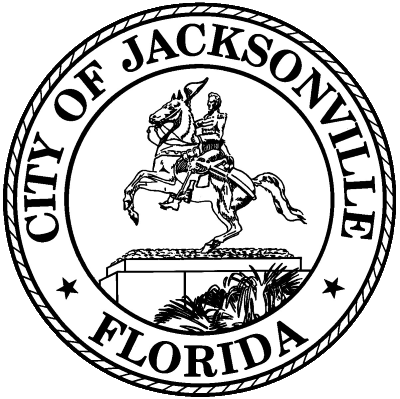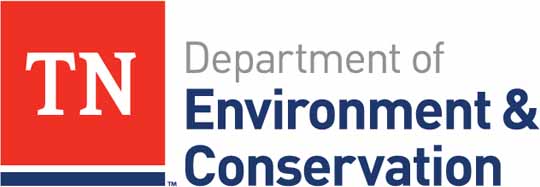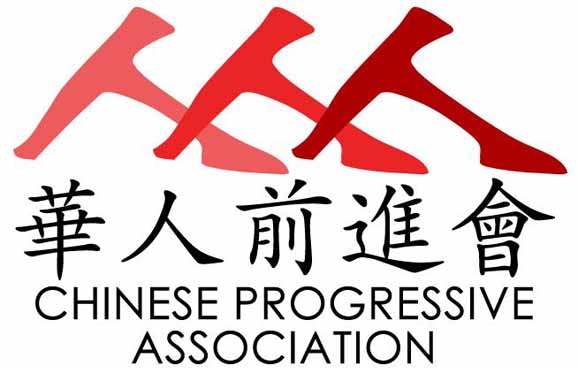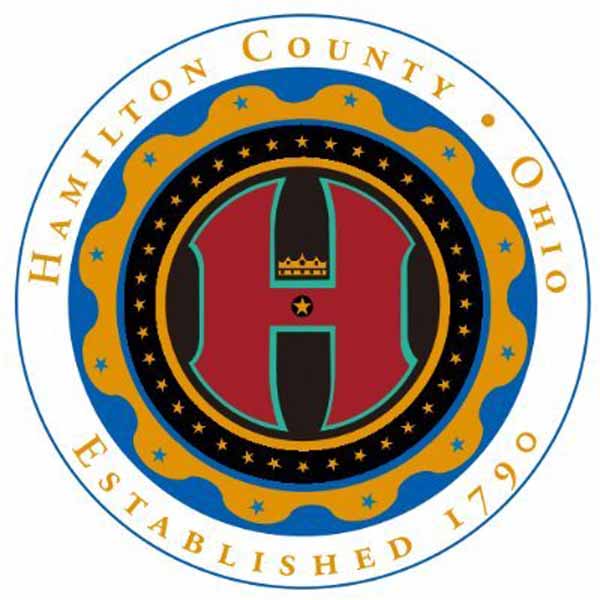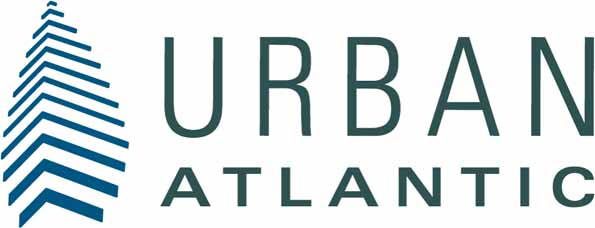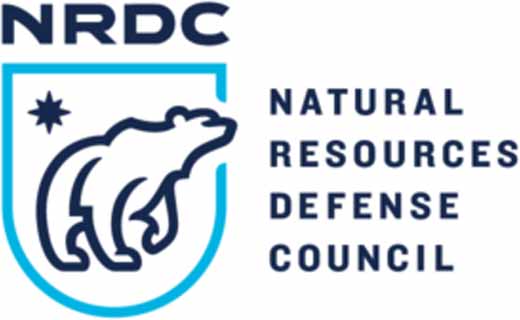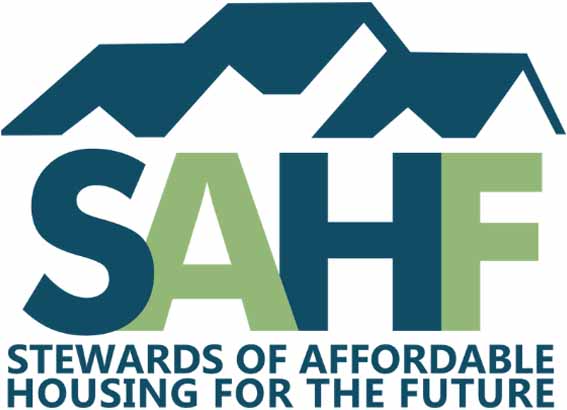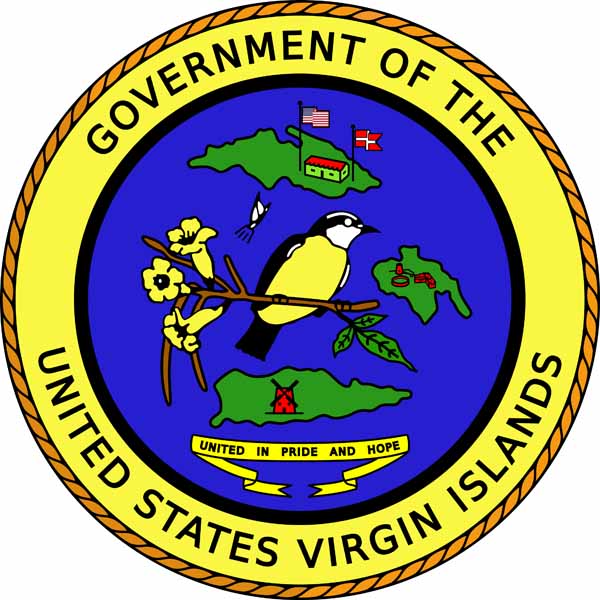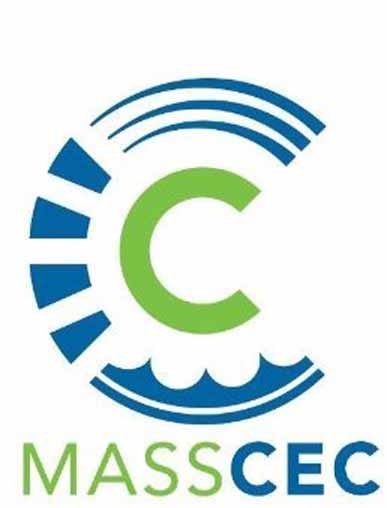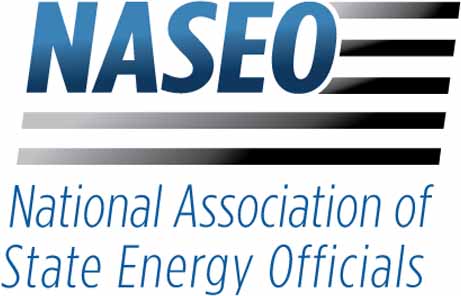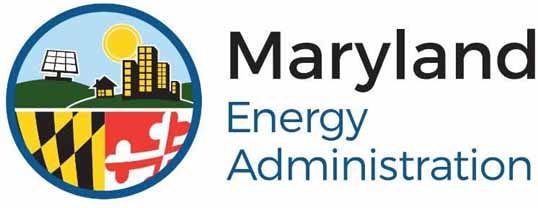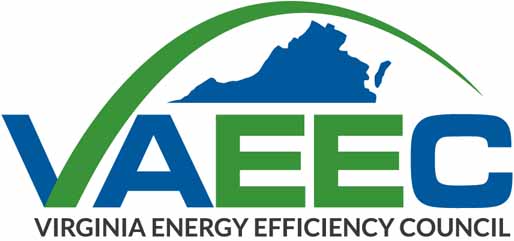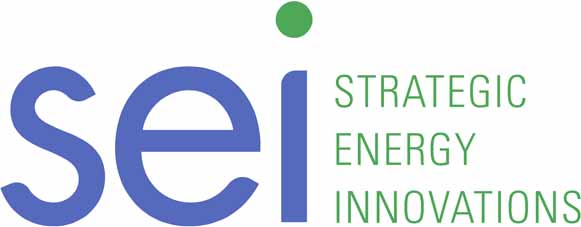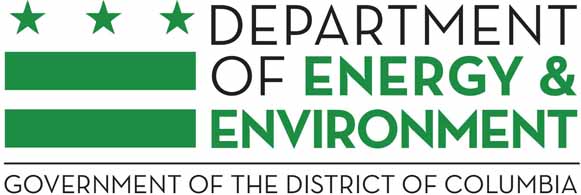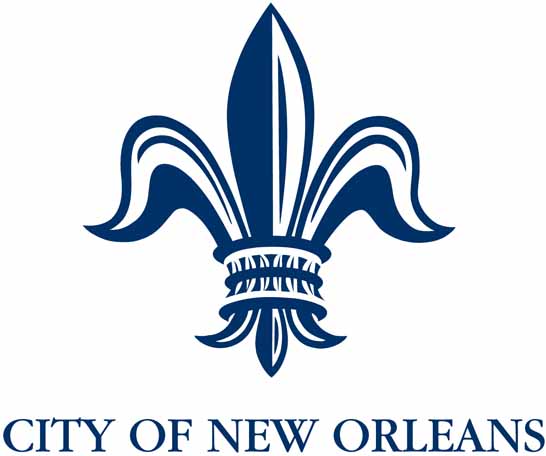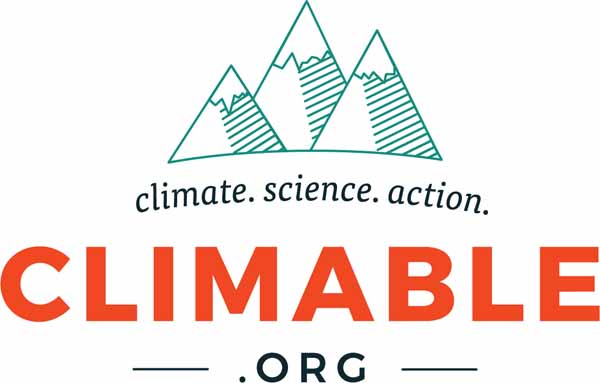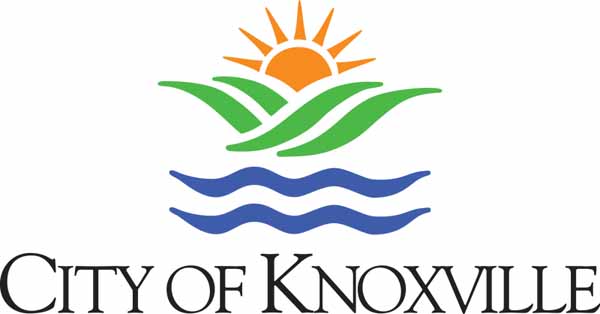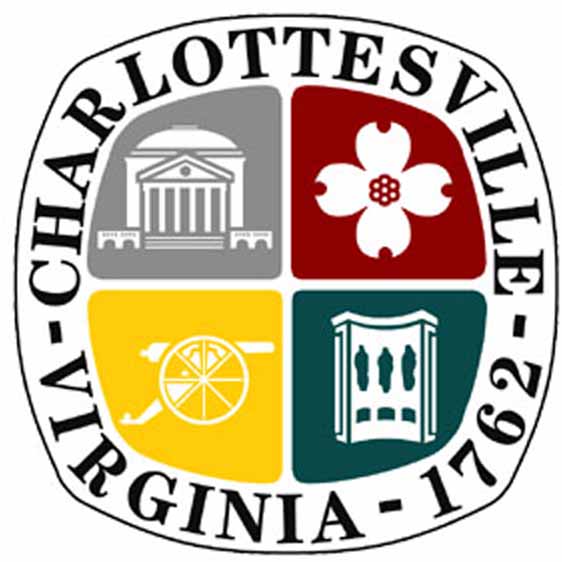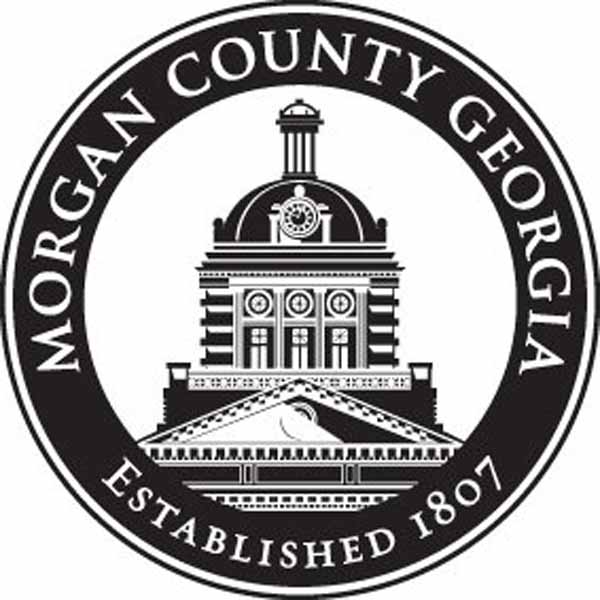
Our Projects
CESI is an adviser and developer of energy-efficiency and renewable-energy programs and organizations that benefit environmental justice (EJ) communities.
For our clients, that means we can write the plans and raise the funding, model financial results, devise budgets, design energy assets, recruit staff, design governance models, engage the stakeholders and get their approvals, prepare RFPs and select contractors, supervise their work, and document the results and process.
But we also solve previously formidable problems and find ways around barriers that still prevent clean-energy benefits from reaching those in need. Solutions to those problems and barriers in EJ communities are what sets CESI apart.
Following are examples of our work.
Financing and Evaluation
Although grant funds are always maximized in our work, there often remains a residual cost gap that must be financed over time. Repayments of that financing can come from savings, incentives, environmental credits, market participation, and other sources, making the project cash-flow-positive to our clients. CESI has achieved and verified that gain over many projects.
Example: PACE Validation
Property-Assessed Clean Energy (PACE) is a financing arrangement that allows customers to finance 100% of energy-related property improvements with no upfront cost through a special tax assessment that is tied to the property, rather than the borrower. CESI drafted major sections of an original PACE program manual in Washington DC and is the primary Independent Engineering Validator for PACE applications there.
Energy efficiency
The first step in any renewable energy project is maximizing energy efficiency. CESI works within our network of experts to design and implement energy efficiency upgrades for our clean energy projects.
Example: Virginia Energy Efficiency Roadmap: U.S. Department of Energy State Energy Program Competitive Award
CESI served as the primary consultant to The Virginia Department of Mines, Minerals, and Energy (DMME) when they received funding through the U.S. Department of Energy (DOE) to provide technical and administrative support to the Governor’s Executive Committee. The goal was to develop a coalition of stakeholders to ensure all relevant perspectives are fully considered and key partners are engaged; analyze the regulatory environment surrounding energy efficiency programs offered by the utility sector; identify strategies to address barriers and opportunities related to energy efficiency; and develop an energy-efficiency road-map.
Energy Saving Performance Contracting (ESPC)
Energy performance contracting provides guaranteed energy savings for energy efficiency and renewable energy projects, based on the future performance of energy-efficient equipment and practices. These contracts are serviced by energy services companies (ESCOs) and our senior staff has been at both sides of the table, having founded and managed successful ESCOs before transitioning into the consulting sector.
Example: City of Annapolis, Maryland EPC Solicitation
- CESI assisted the City in soliciting an energy services company for an energy-saving performance contract (ESPC) that will provide energy conservation measures and capital improvements for 19 City-owned facilities. This EPC is projected to save the City approximately $250,000 a year or more, for cumulative savings of over $3 million through a standard term of 12-15 years.
Example: City of Annapolis, National Standardization of ESPC Contract Terms
- CESI recently concluded an engagement with the Lawrence Berkeley National Laboratory, in which we led a team of consultants standardizing ESPC contract documents for national use.
Owner’s Agent Services
Energy management is increasingly complex, requiring a combination of engineering, financial, and contractual expertise. CESI has supported many organizations in procuring and supervising energy contractors, including competitive bids, evaluations, contract negotiation, and oversight of their work. CESI staff supplement internal management in their decision-making, from initial scope determination through acceptance of the work and measurement of its results.
Example: City of Milwaukee Environmental Collaboration Office
The City of Milwaukee’s Environmental Collaboration Office engaged CESI in 2018 to assist in its procurement of a guaranteed energy savings contract from a qualified energy services company to make energy-saving improvements to the City’s Public Library. The CESI team reviewed energy use and retrofit opportunities and developed materials and practices for a Request for Proposals (RFP) process on behalf of the city.
HUD Properties Evaluation of Savings Reviews
HUD regulations permit Public Housing Authorities (PHA) to enter into guaranteed savings energy performance contracts with qualified ESCOs who are required to provide annual measurement and verification (M&V) reports of savings for the term of the EPC. The savings are then reported to HUD so the PHA can receive the financial incentives that offset the debt payments they incur to pay for the improvements. CESI, as a quality control reviewer for HUD, has evaluated, verified, and if necessary adjusted, both the ESCO M&V reports and the PHA HUD submissions for numerous PHAs to ensure that the HUD subsidy is correctly determined.
Solar microgrids
Local energy resiliency, through clean technologies such as solar-plus-storage microgrids, can allow immobile populations and the small businesses that serve them to “prosper-in-place”- sustaining their shelter, communications and services during emergencies. CESI has pioneered community microgrid models to serve populations that have historically suffered the worst from disasters: low-income, elderly, and immobile populations, especially in EJ communities.
Our Clients

